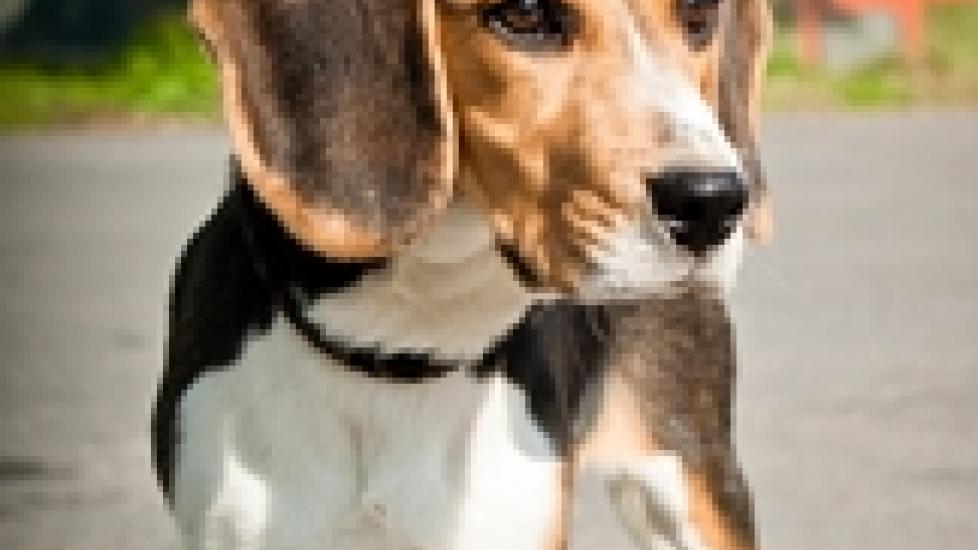Puppy Vaccinations Take Back Seat to Socialization
In the past, veterinarians and owners have found themselves in a bit of a catch-22. Young puppies (<16 weeks of age) benefit greatly from socialization classes. Time spent with other dogs and people under the direction of a knowledgeable trainer is an excellent way to prevent future behavior problems.
On the other hand, at this age the immune system is still developing and puppies have not yet completed their initial vaccination series, putting them at high risk for serious diseases like parvovirus.
When I first graduated from veterinary school, I recommended that my clients wait until their puppies received their last set of vaccines (usually given when the puppy is 16-18 weeks of age) before beginning socialization classes. Unfortunately, this meant that we missed the key socialization window in dogs that starts at around 4 weeks of age and ends around 16 weeks of age. At that time, I believed that the risk of infection was simply too great. I practiced in a part of the country where parvovirus diagnoses were an almost daily occurrence, and encouraging puppies who were not fully vaccinated to get out and mingle made me cringe.
Times have changed. Evidence is increasing that the risk of poor socialization almost always outweighs the risk of infection. A study that was recently published in the Journal of the American Animal Hospitalization Association supports the idea that puppies can safely attend socialization classes after their first set of vaccines (typically given at around 8 weeks of age).
The researchers gathered information about demographics, vaccination history, parvovirus diagnoses, and socialization class attendance for puppies 16 weeks of age or younger from 21 veterinary clinics in 4 U.S. cities. Parvovirus is not the only disease that we worry about in incompletely vaccinated puppies, but it is one of the most serious, and I suspect it is a reasonable indicator of just how “dangerous” socialization classes might be.
Only 48 (4.7%) of the puppies included in the study attended socialization classes. None developed parvovirus. 876 (86.6%) puppies did not attend socialization classes, 14 of whom did develop parvovirus. The researchers also used data collected by 24 trainers to try to determine the frequency that parvovirus was diagnosed in puppies who attended their classes. None of these 231 puppies were suspected of or diagnosed with parvovirus. Therefore, the authors concluded that in this study, “vaccinated puppies attending socialization classes were at no greater risk of CPV [parvovirus] infection than vaccinated puppies that did not attend those classes.”
The American Veterinary Society of Animal Behavior agrees, saying:
In general, puppies can start puppy socialization classes as early as 7-8 weeks of age. Puppies should receive a minimum of one set of vaccines at least 7 days prior to the first class and a first deworming. They should be kept up-to-date on vaccines throughout the class.
I agree. See? An old dog can learn new tricks.

Dr. Jennifer Coates
Reference
Frequency of CPV infection in vaccinated puppies that attended puppy socialization classes. Stepita ME, Bain MJ, Kass PH. J Am Anim Hosp Assoc. 2013 Mar-Apr;49(2):95-100.
Image: Rigorosus / Shutterstock
